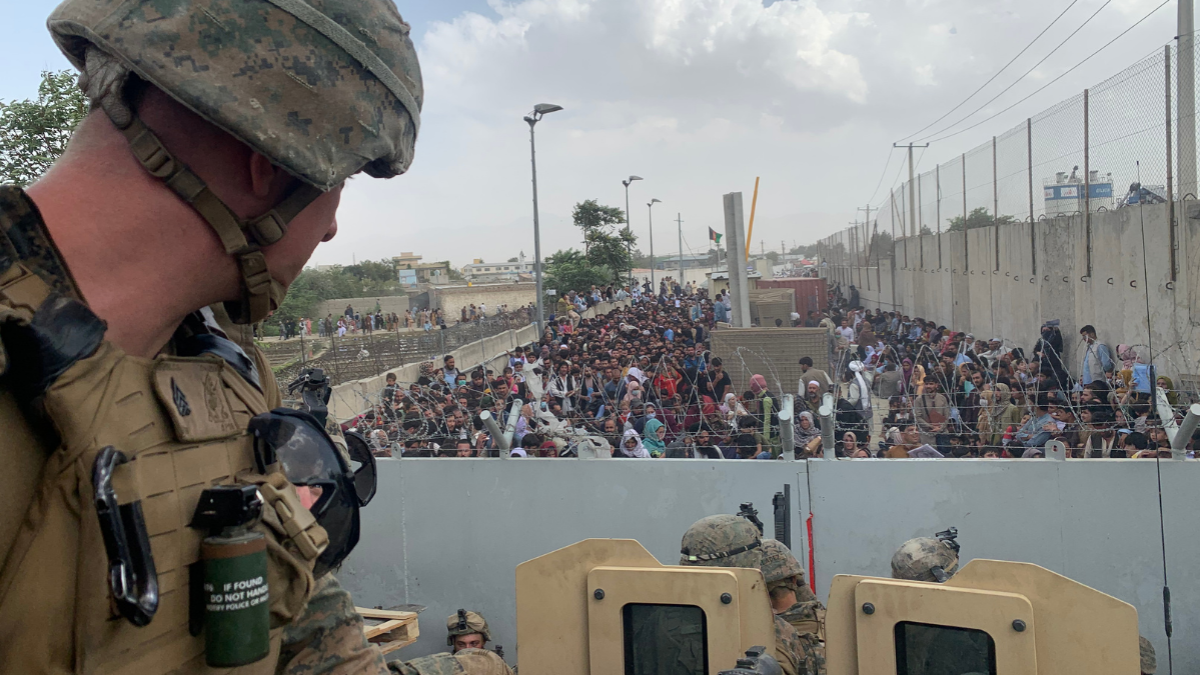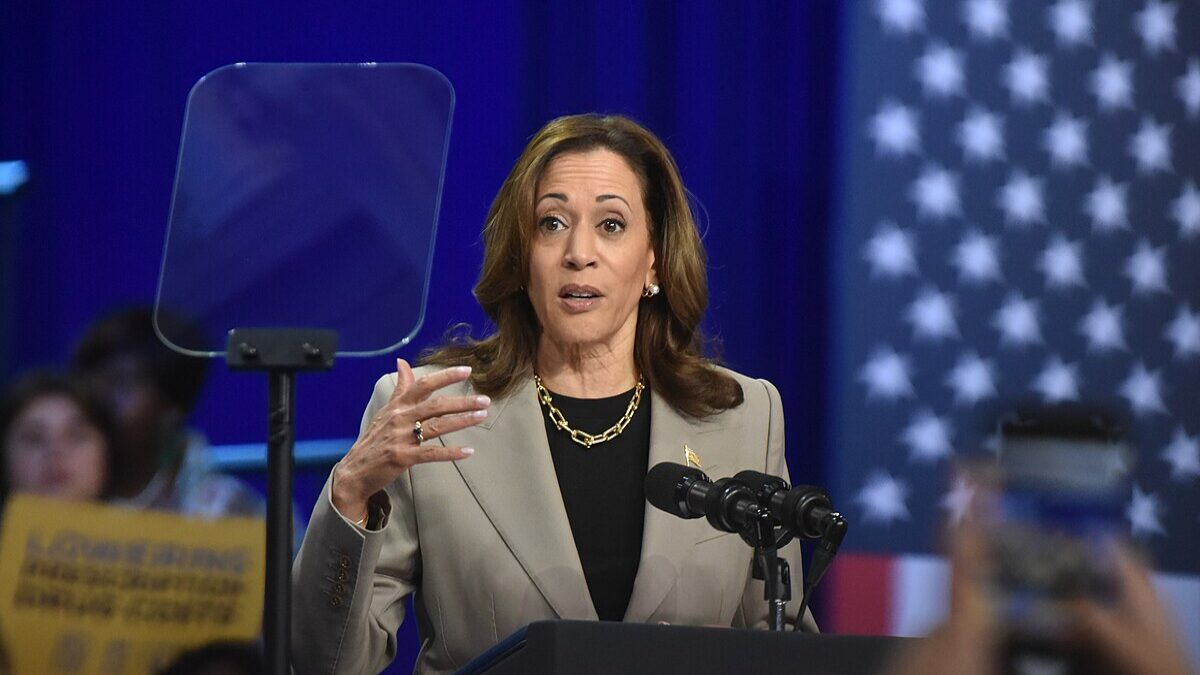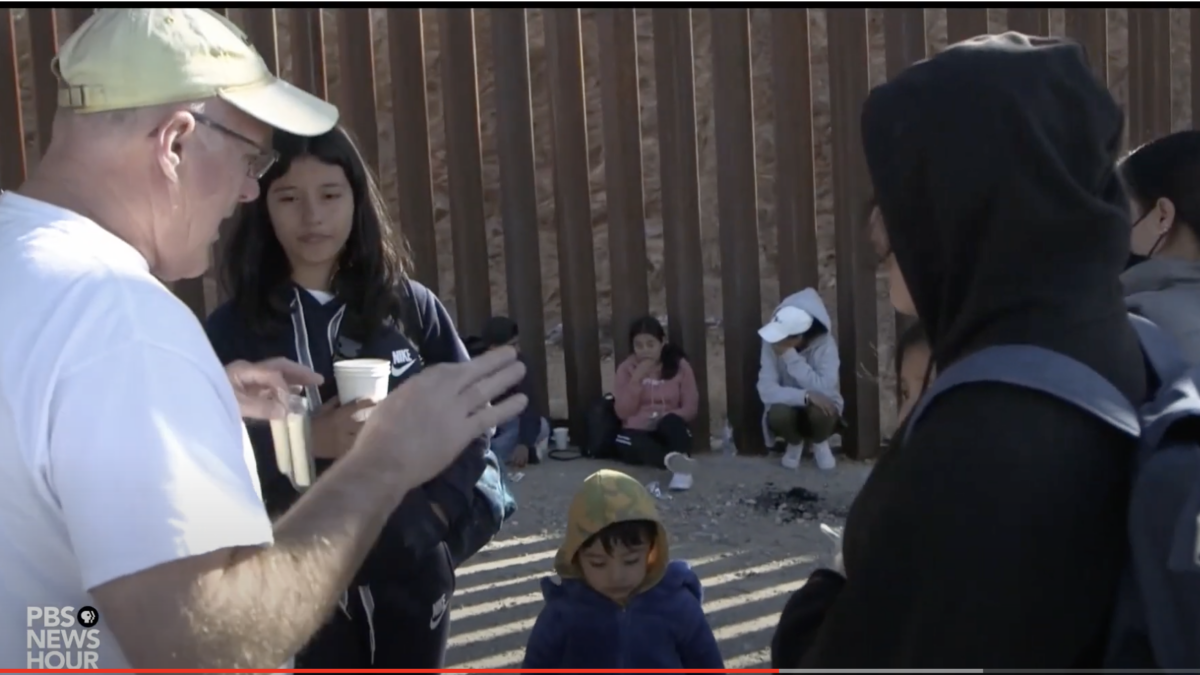
After the Charlie Hebdo massacres in France last month, we were again reminded of the timidity of our public leaders in their refusal to look the roots of Islamist terrorism in the face. After initial condemnations of those murderous acts, public figures and the media frantically began a campaign of insisting that there was no connection between the murders and any branch of Islam, extreme or otherwise. Just recently, Obama claimed ignorance as to what ideology was responsible for the immolation of Jordanian pilot Moaz al-Kasasbeh at the hands of this Islamic State (ISIS). One of the ways in which this stubborn denial of reality is expressing itself is linguistically.
The Obama administration has made it clear that it will not use the term “Islamic terrorism,” or the more widely accepted “Islamist terrorism,” which acknowledges that terrorism done in the name of Islam belongs to only one of many branches of the religion. Rather than using either of these phrases, they are opting for “violent extremism.” This was demonstrated in Josh Earnest’s announcement after the Charlie Hebdo killings that the administration would convene a “Summit on Countering Violent Extremism” this February. A descriptive term, Islamist terrorism, is being replaced with a less-specific substitute. But what does using euphemisms actually do to how we view the topic at hand?
Use Bland Words to Discuss Touchy Ideas
When a subject is deemed too sensitive or has the potential of being offensive to politicians, news organizations or academics will blame the word or phrase used to describe said touchy topic. Rather than engage the issue straight on, they pretend that the real culprit is the use of “nasty” language. If only people would stop using derogatory words, the negative feelings behind them will fade. So they come up with a new word. This is a form of linguistic prescriptivism that the politically correct try to micromanage. Rather than prescribing “proper” grammar, they tell us what are “appropriate” ways of discussing certain ideas.
In the case of “Islamist terrorism,” the phrase has not taken on the same offensive connotation as words like “retarded,” which was once used to describe someone with mental disabilities. This phrase is instead being banned because of what it uncomfortably implies about the world. Obama is concerned that saying “Islamist terrorism” will reinforce negative stereotypes about the Muslim faith that some hold. He fears that acknowledging any link between Islam and terrorism will lead people to permanently fuse the two, and furthermore will violate the laws of multiculturalism. Despite his concerns, it is not a term that is currently being used to offend. It is being used to describe.
There is no doubt that words can become loaded with strong negative connotations. Words that describe a race or ethnicity can quickly become offensive, and therefore people seek another option. But forcing people to use a substitute for words that do not yet carry such connotations only changes how they view things to a certain extent, and it ultimately depends on how they viewed it in the first place.
The Effects of Codifying Speech Crimes
The target population for word substitutions is presumably those who are using said word derogatorily. However, given the fairly arbitrary nature of words (man’s best friend is “dog” in English and “chien” in French), changing the label will most likely not affect the opinions of people who already have concerns about the relationship between Islam and the slew of attacks and bombings happening around the world. “Violent extremism” will just come to be understood as code for “Islamist terrorism.” It will do little to affect how this part of society views the matter.
On the other hand, insisting on changing something’s name is not without effect. The Sapir-Whorf Hypothesis claims that the language we use, while not dictating our thoughts, does influence them. This hypothesis has taken a lot heat for being linguistically discriminatory. Nevertheless, it is often used to defend the need for politically correct speech, based on the idea that if we change the words we use we will also change the way we view the topic. This practice of language censorship can be seen on campuses across the country. However, another outcome of this tactic is that rather than changing the way we see things for the better, linguistic prescriptivism may blind us to reality.
It can lull those who wish to be in denial about violence in the name of Islam into a false sense of security about the reality they have constructed around themselves. This is a reality wherein there is no more violence done today in the name of Islam than any other religion—and, more to the point, that these terrorists are not motivated by religion but by a vague thing called “extremism.” Using the term “violent extremism” in lieu of “Islamic terrorism” crucially fails to acknowledge that in order to be an “extremist” you must be extreme about something. You can’t be an extremist about nothing.
By refusing to utter the word “Islamist,” people can make-believe about the world. The more they exclude “Islamism” or “Islamist terrorism” from their lexicon, the less credence they will give to the possibility that groups like ISIS are in fact motivated by religion. The very serious danger in this is that without naming violence done in the name Islam for what it is, it will be extremely difficult to make any headway in combating these groups, or their recruitment tactics.
The Language Change Deliberately Creates Confusion
In one sense words are unimportant in that whether we say “desk,” “bureau,” or “مكتب” we are all referring to the piece of furniture at which we do our work. However, when it comes to more sober issues that have to do with worldview, philosophy, or religion the issue becomes more complicated. Words, and more importantly, naming, do matter. All languages change and morph over time due to differences in regional and class usage, and to contact with other languages. But this is a different kind of language change. This is about trying to mask or alter reality by changing the language we use to describe it. It is intentional obfuscation.
Writers like Michael McGough sympathize with the Obama administration’s verbal substitution, saying that it is done in an effort to avoid people unfairly equating Islam with violence. He argues, “That the president is being diplomatic doesn’t mean he’s in denial.” McGough further claims that the Right is “obsessed” with this issue and cites as evidence the loud complaining after the administration labeled the Fort Hood shootings “workplace violence” instead of an act of Islamist terrorism.
First, it is not at all clear that Obama is in anything but denial about the dangers of radical Islam and the seriousness of the combination of extremism with religion. Second, McGough’s dismissal of the issue by condemning it as just another conservative obsession is alarming. He thinks the mislabeling of the Fort Hood shooting is utterly unimportant, belying that he doesn’t understand the importance of words. Denying that Major Hassan murdered his coworkers as an act of jihad makes it impossible to come to terms with the sources, realities, and repercussions of the problem.
The Obama administration wants to protect the American people from forming their own opinions on Islam, or factions of Islam, based on the facts of the world around them. However, acknowledging that Islamist terrorism is a real threat and danger, and has something to do with one interpretation of Islam, is not Islamophobic. Nor does it condone true Islamaphobia.
Once the slippery slope of euphemism begins it is hard to stop. Soon even the phrase “violent extremism” will become unacceptable and offensive. I can imagine a (very) near future where media outlets, which already tacitly defend the use of violence by groups like Hamas as necessitated by Israeli “occupation,” will find the phrase “violent extremism” offensive. They will claim that the violence is in no way an extreme reaction to a dire situation. It is, rather, a rational move for self-preservation and the fight for justice. They will self-righteously suggest using terms like “violent justice” or “violence for peace” or some other nightmarish Orwellian neologism.
The administration is not wrong to point out that violent extremism takes many forms and that Islamism is not our only concern. However, it is disingenuous, especially in the weeks after the attacks in Paris and amidst the horrific violence of ISIS, to pretend that the world is equally assailed by extremists of all shapes and sizes. This linguistic sidestepping is an effort to bend reality that on the one hand cannot mask what is really happening, and on the other risks lulling people into a false sense of security regarding the real dangers that we face today.









